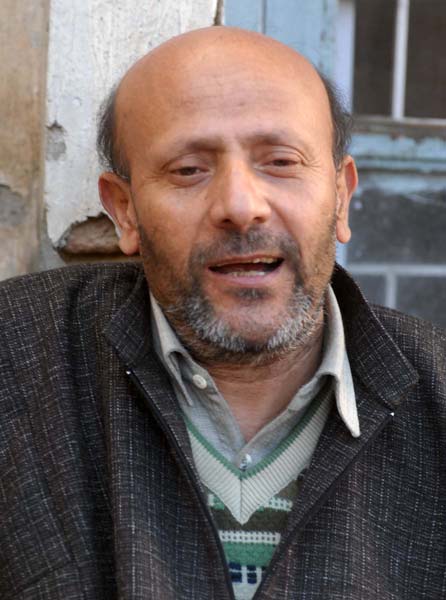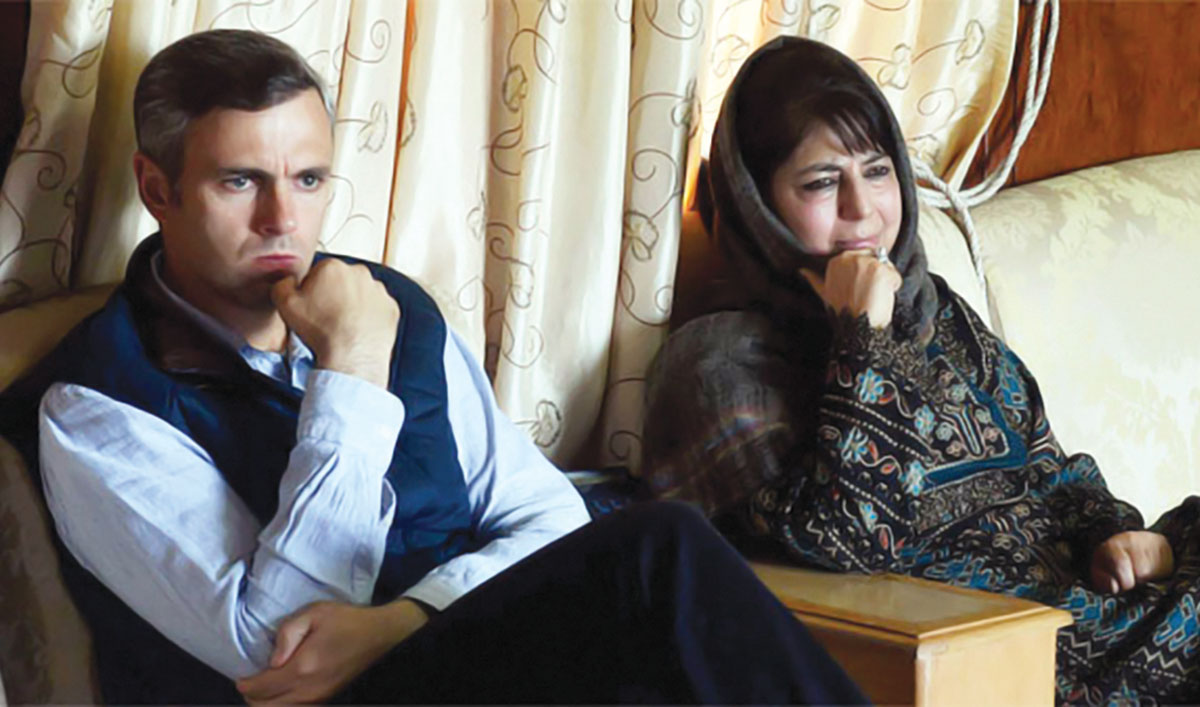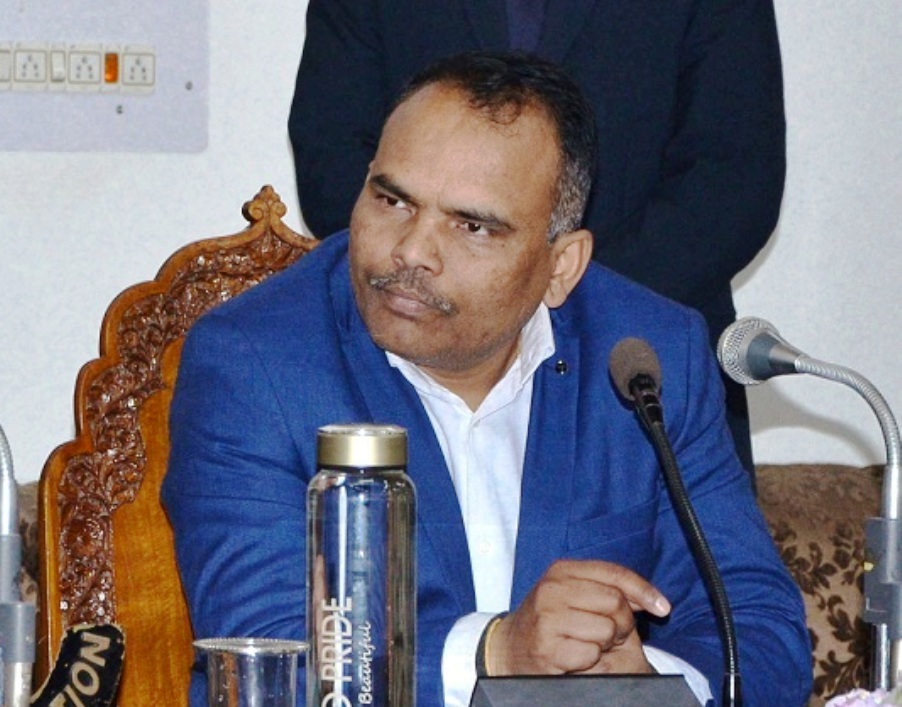Taliban have sent a 5-point wish-list to US forces in Afghanistan, indicating their preparedness to dump al-Qaida. Iftikhar Gilani reports from Dubai.
After stoking violence over the years in Afghanistan, Taliban appears ready to smoke the peace pipe and even willing to break its umbilical cord with Al-Qaeda.
With a flicker of hope emerging from the new wish-list it has slapped on the NATO-led UN security mission in the war-ravaged country, Prime Minister Manmohan Singh rushed S K Lambah, India’s special envoy on Afghanistan and Pakistan, to the United States on Sunday for urgent consultations.
 Taliban has always aligned with the international terror outfit al-Qaeda during its regime and even after its ouster by the US forces. But it appears no more standing by it as seen from its 5-point wish list that has not been reported yet.
Taliban has always aligned with the international terror outfit al-Qaeda during its regime and even after its ouster by the US forces. But it appears no more standing by it as seen from its 5-point wish list that has not been reported yet.
Right now there are no more than 200 al-Qaeda activists in Afghanistan and Taliban appears prepared to dump them by negotiating on this point.
India has absolutely no interest in letting Taliban return to power in anyway but it won’t mind any strategy that helps separate al-Qaeda and Taliban that paves way for the emergence of a stable and democratic Afghanistan.
Lambah’s task in the US is to explore how far it will go in this respect and get back to India to report back to Dr Manmohan Singh before he heads for Germany for attending the India-EU summit in Belgium.
Though the United States has been trying to rope in Taliban for restoring peace in Afghanistan, so far there are no formal and credible talks with Taliban. Whatever we hear in media are just preliminary contacts.
The Afghanistan watchers in India say al-Qaeda may have wielded influence on Afghansitan’s Taliban but it has not been able to turn it into a part of the global Islamic terror movement. It remains an inward movement and that makes sense in the US trying to negotiate with its leaders after failing to suppress them with its military might.
As Rahimullah Yusufzai (Yousafzai), a noted Pakistani journalist and the resident editor of the Jang group’s English daily News International at Peshwar, says Taliban in Afghanistan are different from the Pakistani Taliban.
At a Track-II conference in Dubai organised by German think-tank Fredrich Ebert Stiftung (FES), an Afghan expert having close contacts with Taliban commanders disclosed they (Taliban) have recently come out with its wish list.
It has not yet come into the media but has been secretly delivered to ISAF (International Security Assistance Force), a NATO-led security mission in Afghanistan established by the United Nations Security Council.
The wish list for a cease fire demands:
1. Release of all prisoners in Afghanistan and Guantanamo Bay.
2. UN should take out Taliban from the black list.
3. Accept Taliban as political movement.
4. Fixed time schedule of exit of ISAF.
5. Introduction of Sharia.Three conditions that ISAF has slapped in return for negotiations are:
1. Taliban must surrender;
2. Delink itself from al-Qaeda; and
3. Taliban should accept Afghan Constitution.
 Experts on Afghanistan having live contacts with all underground and political groups, says no peace can take place without empowerment of the Pashtuns who are the dominant ethnic group but completely out of system. In the present 249-member Parliament, there are just 88 Pashtuns as against 120 in the past. Even in the Pashtun majority areas like Ghazni, all 11 MPs are Hazara. Same is the case of Vardak, Gaur and Urzgan.
Experts on Afghanistan having live contacts with all underground and political groups, says no peace can take place without empowerment of the Pashtuns who are the dominant ethnic group but completely out of system. In the present 249-member Parliament, there are just 88 Pashtuns as against 120 in the past. Even in the Pashtun majority areas like Ghazni, all 11 MPs are Hazara. Same is the case of Vardak, Gaur and Urzgan.
They also believe that peace cannot be established in Afghanistan without Pakistan’s role, though it is not in a position to order the Taliban. Even when the Taliban were in power, fully backed by Islamabad, they had refused to hand over terrorists like Riyaz Basra, wanted in Pakistan and later Osama Bin Laden.
Taliban right now are in high spirits. They were evicted from Helmand province, where 25,000 ISAF troops took part in campaign. But they are back now. Their strategy is to retreat and then recapture areas.
They have widened operations now all over country, even in the northern Afghanistan, which is not Pashtun area. As such Yusufzai says, they have no incentive to talk and unless they are weakened, they will not come for talks.
Lambah’s visit to the United States is described as part of the decision Dr Manmohan Singh and US President Barack Obama took during his visit here last month to hold regular consultations on Afghanistan.
Obama has openly praised India’s role in development of Afghanistan, post-Taliban.
Since 2001, India has contributed more than $1.3 billion in development aid and has undertaken numerous infrastructure projects, including roads, dams, power stations and the Afghan Parliament building in Kabul.
“Through its aid efforts, India is feeding millions of Afghan school children, helping to provide power to the citizens of Kabul, and ensuring thousands of Afghans receive access to quality health care around the country,” the White House noted in a fact sheet issued during Obama’s visit.















